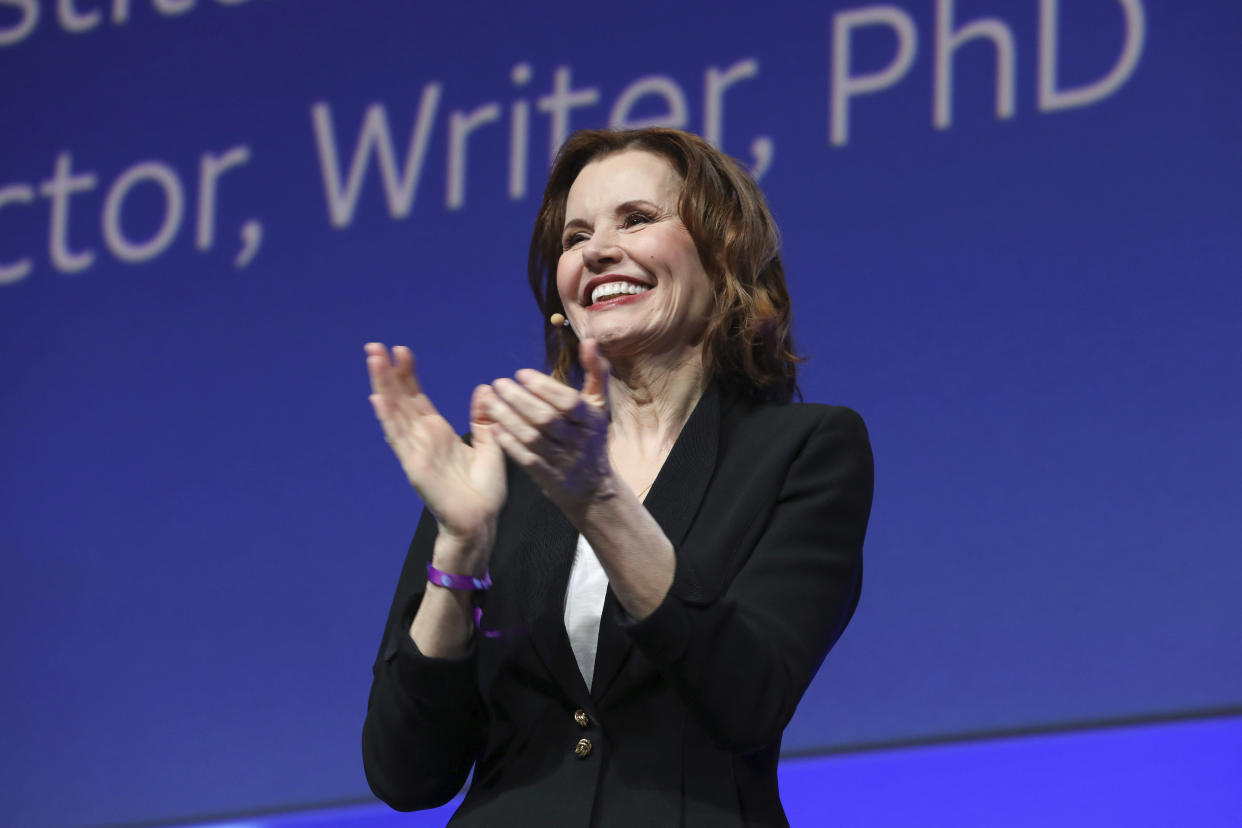Disney to use new 'gender bias spellcheck' technology

Actress and gender rights advocate Geena Davis has announced a partnership with the Disney studio on new AI technology which will 'spellcheck' scripts for gender bias.
The machine learning tool, called GD-IQ: Spellcheck For Bias, has been developed by the University of Southern California Viterbi School of Engineering, and uses artificial intelligence to auto-analyse scripts.
Davis made the announcement that her Geena Davis Institute on Gender in Media and the Disney studio would be working together using the tech at the Power of Inclusion Summit in New Zealand.
Read more: Hamilton star in talks for Little Mermaid remake
“I'm very proud to announce we have a brand new partnership with Walt Disney Studios using Spell Check for Bias,” Davis said (via The Hollywood Reporter).
“They are our pilot partners and we're going to collaborate with Disney over the next year using this tool to help their decision-making, identify opportunities to increase diversity and inclusion in the manuscripts that they receive.

“We're very excited about the possibilities with this new technology and we encourage everybody to get in touch with us and give it a try.”
Read more: Original ‘Lion King’s Young Simba took royalties over huge paycheck
By scanning scripts, the technology can reputedly determine characters of different ethnicity, gender, sexuality and disability.
Davis reportedly added that the tool isn't intended to 'name and shame' scripts that have gender bias, but rather highlight instances of unconscious bias.
Davis, star of movies like Thelma & Louise and The Long Kiss Goodnight, founded her non-profit organisation in 2004, after becoming a mother and noting the lack of equal female representation on TV and in movies.
Since then it was has been responsible for publishing a range of large scale studies into gender imbalance in the media.

 Yahoo Movies
Yahoo Movies 

